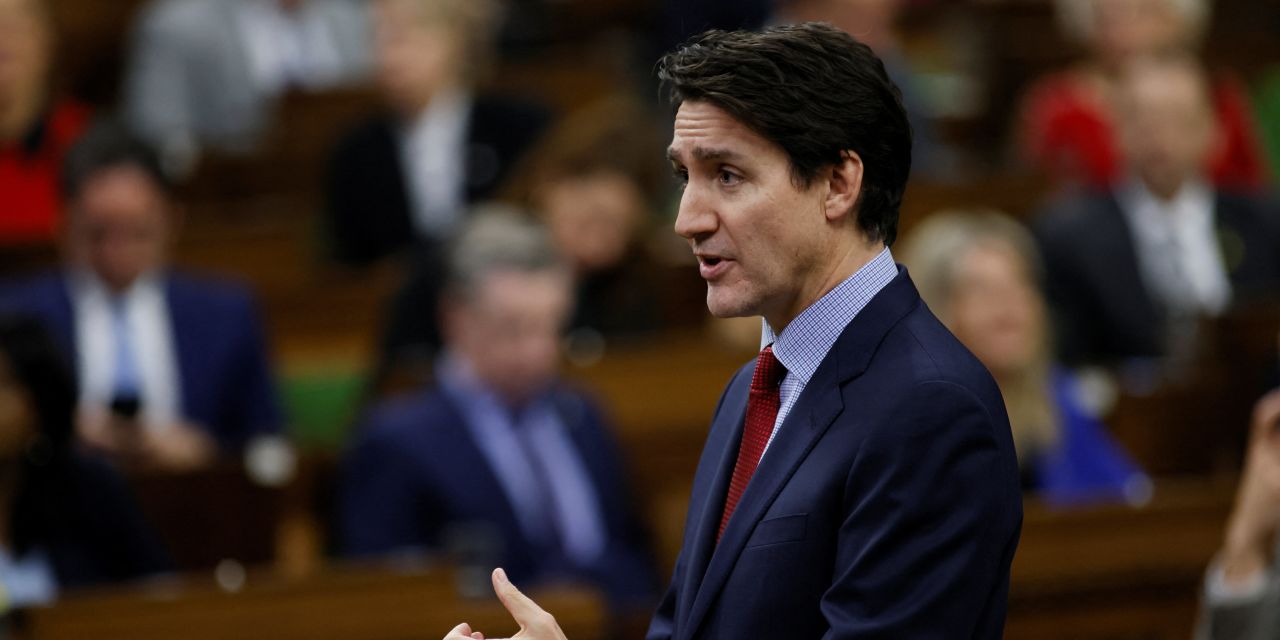EU Tariff Deadline Extended: Trump's July 9th Decision

Table of Contents
The July 9th Deadline and its Initial Implications
The original planned tariffs targeted a wide range of goods imported from the EU into the US. Sectors like automobiles and aircraft were particularly vulnerable, facing potential tariffs of up to 25%. This threatened a significant escalation of the EU trade war, potentially disrupting established supply chains and causing widespread economic disruption.
- Specific examples of industries affected: The automobile industry, including manufacturers like BMW and Mercedes-Benz, faced substantial threats. The aerospace sector, with companies like Airbus heavily involved in transatlantic trade, also anticipated major impacts. Agricultural products were also on the list, potentially affecting wine and cheese imports from the EU.
- Potential job losses or economic consequences: Economists predicted significant job losses in affected industries, alongside a potential downturn in economic growth for both the US and the EU. The disruption to global supply chains posed a considerable risk to international trade and economic stability.
- Initial market reactions to the impending deadline: Stock markets reacted negatively to the prospect of the tariffs, with shares in affected companies experiencing declines. Uncertainty surrounding the future of transatlantic trade led to investor apprehension.
Trump's Decision to Extend the Deadline: Reasons and Analysis
The Trump administration cited ongoing trade negotiations as the primary reason for extending the EU tariff deadline. However, analysts believe several underlying factors influenced this decision.
- Possible reasons for the delay: Besides ongoing negotiations, political maneuvering ahead of potential elections and domestic economic pressures likely played a significant role. The administration may have sought to avoid further economic turmoil before key political events.
- Expert opinions on the significance of the extension: Experts viewed the extension as a temporary reprieve rather than a resolution. The underlying tensions remain, and the delay could simply be a tactical move in ongoing negotiations. Many see this as an opportunity to reach a more favorable trade agreement.
- Analysis of the potential short-term and long-term effects: In the short-term, the extension provided a sigh of relief for businesses, allowing them to continue operations without immediate tariff implications. However, the long-term effects remain highly uncertain, depending on the outcome of future negotiations.
Impact on Businesses: Uncertainty and Planning for the Future
The uncertainty surrounding future EU tariffs presents significant challenges for businesses. Many are grappling with the need to adapt and prepare for potential future scenarios.
- Advice for businesses on risk management and contingency planning: Businesses are urged to develop comprehensive risk management strategies, including contingency plans to mitigate potential supply chain disruptions and financial losses. This includes diversifying sourcing and exploring alternative markets.
- Discussion of alternative sourcing strategies: Companies may need to explore sourcing materials and components from regions outside the EU and the US to reduce their dependence on potentially affected trade routes.
- Importance of monitoring ongoing developments in trade relations: Continuous monitoring of trade policy updates and news regarding EU-US trade relations is crucial for effective decision-making. Businesses need to stay informed to adapt to any changes swiftly.
The Path Ahead: Potential Outcomes and Future Negotiations
Several potential outcomes exist regarding future EU-US trade relations, ranging from a comprehensive trade agreement to an escalation of trade tensions.
- Possible outcomes: A comprehensive trade deal could resolve many of the current trade disputes. Maintaining the status quo is unlikely, given the ongoing tensions. A further escalation of trade tensions with higher EU tariffs remains a distinct possibility.
- Potential timelines for future decisions: The timeline for future decisions is uncertain, heavily influenced by the progress (or lack thereof) in ongoing negotiations. Further extensions are possible, but a resolution is needed sooner rather than later to provide clarity to businesses.
- Predictions from economic analysts regarding the long-term impact: Economic analysts offer varying predictions, with some expressing optimism about the possibility of a beneficial trade agreement, while others warn of potential long-term negative impacts if the trade dispute escalates.
Conclusion
The extension of the EU tariff deadline offers temporary relief but doesn't eliminate the uncertainty surrounding EU tariffs. The reasons behind the delay are multifaceted, encompassing ongoing negotiations, political considerations, and domestic economic pressures. The impact on businesses is substantial, requiring proactive risk management and contingency planning. The path ahead is unclear, with potential outcomes ranging from a beneficial trade agreement to a worsening of trade tensions.
Call to Action: Stay informed about the ongoing developments concerning EU tariffs. Monitor reputable news sources for updates and consult with trade experts to navigate the complexities of this evolving situation. Regularly check for updates on EU tariffs and their potential impact on your business. Proactive monitoring and planning are crucial for mitigating the risks associated with EU tariffs and ensuring the future stability of your business.

Featured Posts
-
 Ou Acheter Le Samsung Galaxy S25 256 Go Au Meilleur Prix 775 E
May 28, 2025
Ou Acheter Le Samsung Galaxy S25 256 Go Au Meilleur Prix 775 E
May 28, 2025 -
 Angels Secure Fourth Consecutive Victory
May 28, 2025
Angels Secure Fourth Consecutive Victory
May 28, 2025 -
 Stowers Two Homer Game Leads Marlins Victory Over Cubs
May 28, 2025
Stowers Two Homer Game Leads Marlins Victory Over Cubs
May 28, 2025 -
 Finding The Best Tribal Loans With Bad Credit A Guide To Direct Lenders
May 28, 2025
Finding The Best Tribal Loans With Bad Credit A Guide To Direct Lenders
May 28, 2025 -
 Giants Loss To Diamondbacks Analysis Of Jordan Hicks Performance
May 28, 2025
Giants Loss To Diamondbacks Analysis Of Jordan Hicks Performance
May 28, 2025
